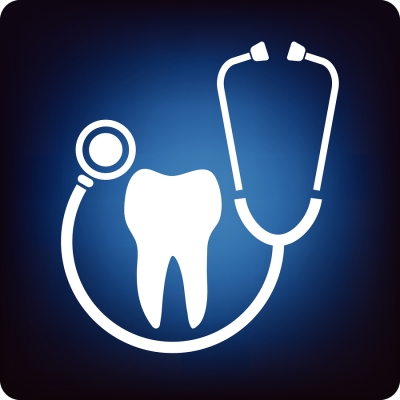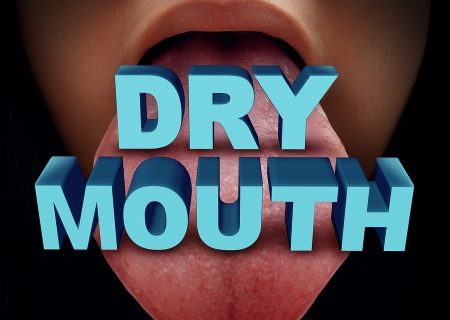WHAT IS XEROSTOMIA?
Xerostomia is a condition that reduces saliva production so a person feels like their mouth is always dry. This condition is more common in older patients, but it can be a result of a variety of other factors in patients of any age. Use this guide to learn more about xerostomia, what causes it, and what you can do to get rid of it:
Normal Saliva Levels
In a normal mouth, saliva helps to get rid of bacteria, clean the teeth and gums, keep pH levels balanced, get rid of food debris, and lubricate the mouth. Saliva also moistens food so it is easier to swallow and digest. It uses the enzyme amylase to turn starches into maltose and dextrin. Saliva is an important element of overall mouth function and it also affects many other areas of the body.
Symptoms of Xerostomia
When someone suffers from xerostomia, they might have a regular sore throat or a burning sensation. Xerostomia can also make it hard to speak or swallow. It is often associated with dry nasal passages. Without the natural cleaning powers of saliva, many people with xerostomia develop periodontal disease, which can eventually lead to tooth loss.
Causes of Xerostomia
There are many factors that can cause xerostomia. Dry mouth is a side effect of many medications, which is why it is such a common condition in older adults. Xerostomia is also a side effect of inflammatory diseases, HIV-salivary gland disease, and systemic diseases. Radiation therapy to the head or the neck could also cause xerostomia.
Treatments for Xerostomia
If you have dry mouth, your dentist in Belmont will first try to figure out what is causing the condition so you can minimize your exposure and hopefully decrease your symptoms. If that is not possible, though, the dentist will try to encourage more saliva flow or prescribe a saliva substitute. If you have xerostomia, it is more important than ever to thoroughly brush and floss your teeth on a daily basis and schedule regular appointments with your dentist.


